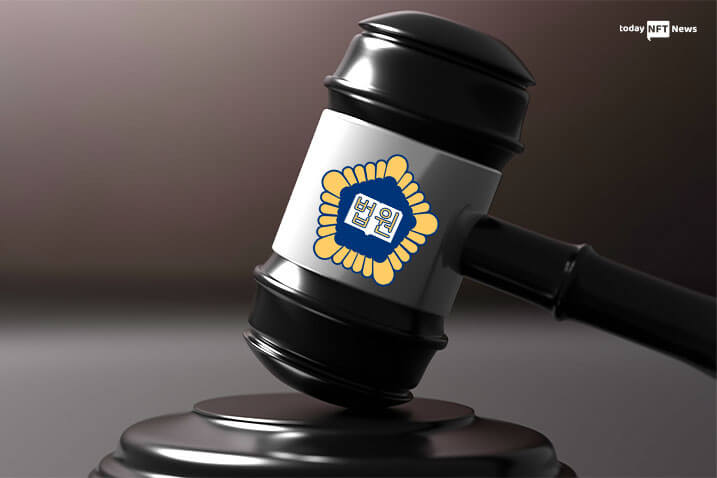SNEAK PEEK
- A South Korean court has ruled that the introduction of a blockchain-based play-to-win game is illegal.
- SkyPeople claimed that game assets and avatars supplied as NFTs are not rewards but rather records of rights.
- The collection had 2,249 members on OpenSea.
On Friday, a South Korean court decided against the launch of a blockchain-based play-to-earn game, ruling that in-game non-fungible tokens boost speculation, according to Yonhap News Agency. According to court filings, SkyPeople, the South Korean developer of the NFT game Five Stars, stated in an appeal that game assets and avatars issued as NFTs are not incentives but records of rights.
Five Stars is a role-playing game (RPG) in which avatars and objects acquired via gameplay may be turned into NFTs and exchanged on other networks. Gamers in Five Stars may mint personalities and items into marketable NFTs on the Klaytn network. On OpenSea, this collection had 2,249 users.
Based on the verdict of the lawsuit received on January 16, the court decided that the NFT products in Five Stars were forbidden under the Games Industry Act and that delivering them was an act of motion itself that fostered speculation.
SkyPeople’s petition against the Game Rating Administration Committee’s order not to issue the age rating for Five Stars was rejected by the Seoul High Courts. The court ruled that if NFTs are exchanged on exchanges, they cannot be considered game objects.
For South Korean distribution, all online gaming must get an age restriction from the game rating board. The rating system board in South Korea has prohibited games that use cryptocurrencies or NFTs, citing a local rule that prevents corporations from encouraging speculative behavior in players through cashable awards.
During the election campaign last year, South Korean President Yoon Suk-yeol vowed to repeal the P2E prohibition. South Korean P2E game developers have distributed blockchain-based games outside of Korea in the hope that the local prohibition would be overturned.









